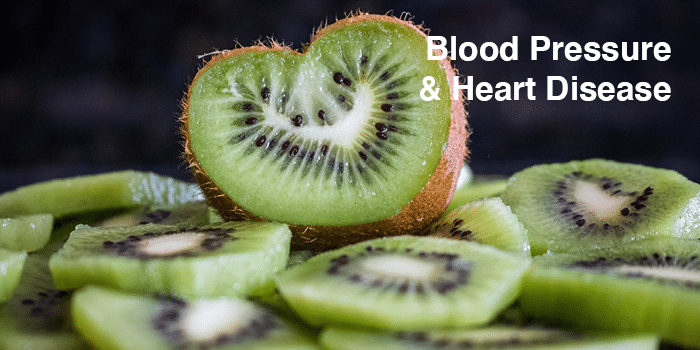 5-star Fitness
5-star Fitness
 5-star Fitness
5-star Fitness

Although we think about heart disease as a threat when we get older, it is something we should be preventing far in advance. The first step is understanding what heart disease is;
A group of conditions that affect the heart and blood vessels, most commonly resulting in a heart attack or stroke caused by high blood pressure, inflammation, and plaques…
But what causes these conditions? Will you feel symptoms?
Let’s focus on essential hypertension, which is high blood pressure that has no clearly identifiable cause, other than:
During the year 2015, the prevalence of hypertension among ages 40–59 was 33.2%; and age 60 and over, 63.1%.
High Blood Pressure (hypertension), also coined “The Silent Killer”; you may not associate any noticeable symptoms with high blood pressure, but the damage and risk should not go unchecked. High blood pressure is exactly how it sounds: increased fluid (blood) pressure on the blood vessels of the arterial walls. Hypertension can result in:
When blood supply is blocked, oxygen is blocked, and without oxygen, those cells quickly begin to die causing severe damage or death.
Here is the good news, essential hypertension can be greatly controlled with nutrition and lifestyle!
Sodium
By decreasing sodium to under 2300 mg per day (equal to 1 teaspoon) you may very likely decrease your blood pressure. If you are thinking – “but I don’t salt my food”, you may still be consuming too much sodium. Sodium is typically high in foods that are packaged, canned, frozen, in addition to convenience foods, sauces, dressings, soups, meats, dairy, and almost always restaurant items. When you can, check your labels! Any meal that is over 500mg of sodium is considered a high sodium meal.
The best thing you can do to combat too much sodium intake is to eat fresh, whole foods that are unprocessed.
Weight Management.
Thankfully the inverse is also true, losing even 10 pounds can lower your blood pressure—and losing weight has the biggest effect on those who are overweight and already have hypertension.
Potassium
Stress Management
Stress management is important for heart health for multiple reasons, specifically for high blood pressure due to our body’s stress response.
The good news – lifestyle changes are promising for managing essential hypertension! If you have questions or are ready to embrace healthy lifestyle choices to reduce the risk of heart disease, reach out to a dietitian for help with meal planning, education, and accountability. You and your heart deserve it!